The Strong National Museum of Play has released its list of finalists for potential inductees into the World Video Game Hall of Fame. The public can now vote on these 12 nominees with the top 3 going on to be on the final ballot for possible induction into the Hall of Fame. Since 2015 The Strong Museum has been curating the World Video Game Hall of Fame with the intent of highlighting video games that have had a significant cultural impact. Games are selected based on four criteria: icon status, longevity, geographic reach, and influence. So far 40 games have been selected for this honor from a pool of 81 nominees. This year’s nominees are as follows.
Asteroids

Released in Arcades in 1979 Asteroids was a pioneering title in the Shoot ’em Up genre that was one of the first to make use of vector graphics. Luaded for its intense and highly addictive gameplay that evolved the physics-based gameplay of Space War, Asteroids was a staple of arcades throughout the late 70s and early 80s.
Elite
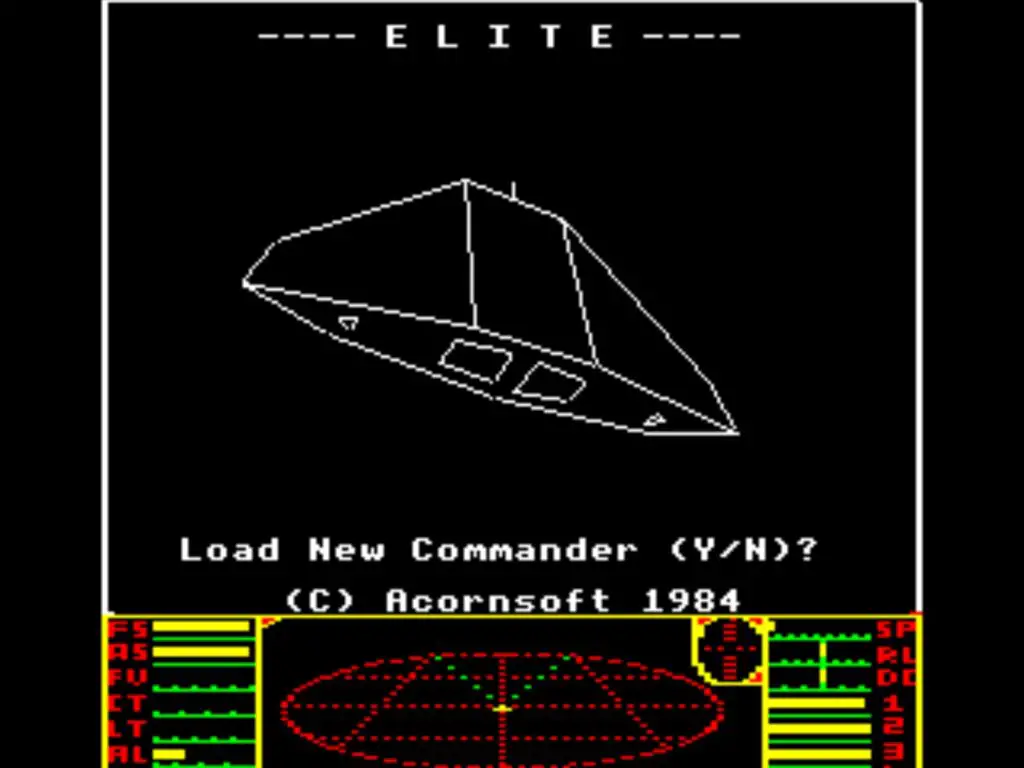
Released for the BBC Micro home computer in 1984 before being ported to other platforms, Elite was a game far ahead of its time offering a massive open universe sandbox with hundreds of procedurally generated worlds to visit. The game offered players an unparalleled degree of freedom for its time allowing for trading, piracy, space combat, and space combat from a first-person wireframe perspective. This game’s influence can still be seen in open-world and space exploration games to this day, with games like No Man’s Sky showing that inspiration clearly.
Guitar Hero
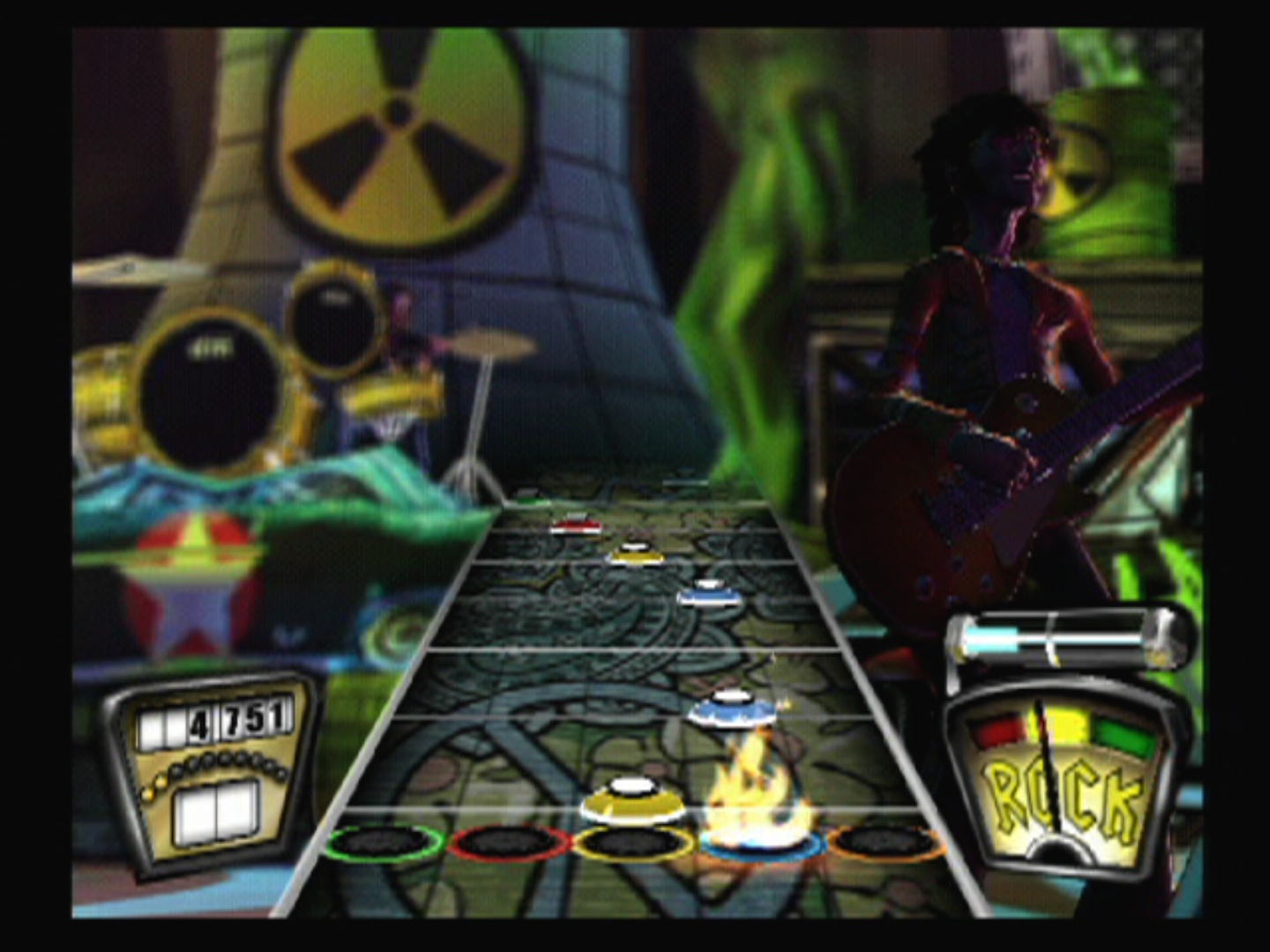
Released for the PlayStation 2 in 2005, Guitar Hero was a bon-a-fide phenomenon that took the world by storm. While taking more than a little influence from Konami’s earlier GuitarFreaks arcade game, Guitar Hero stood out for its ability to make those who played it feel like a rock star, with a selection of classic rock songs and easy-to-learn but difficult-to-master gameplay.
Metroid
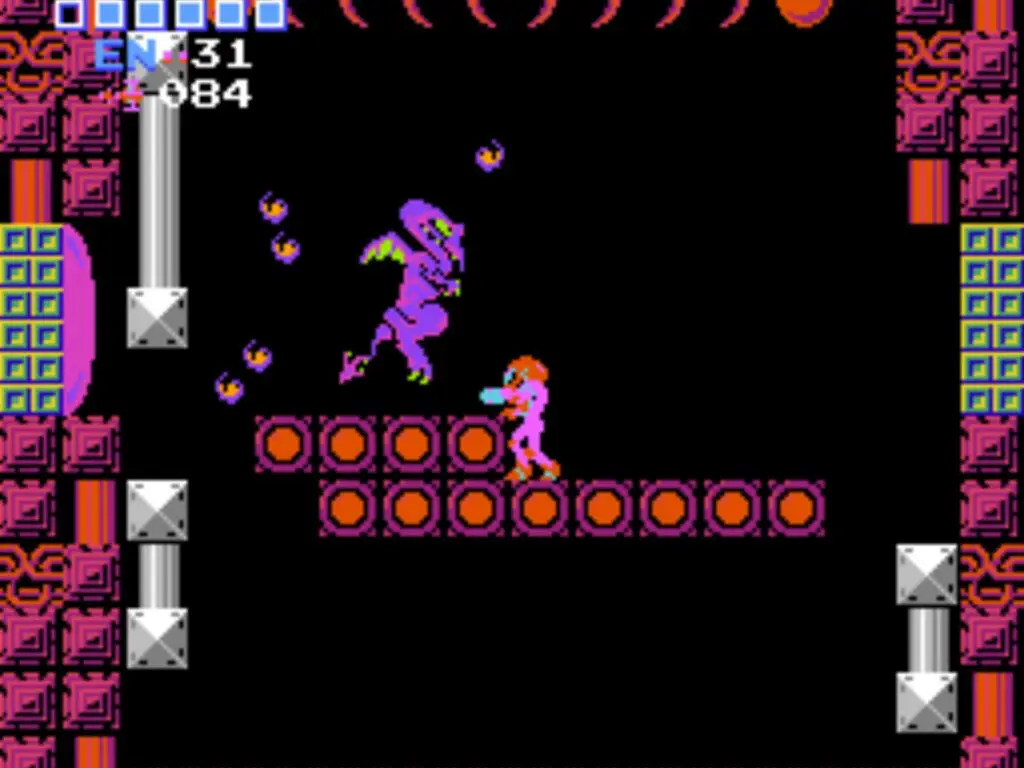
Released for the Nintendo Entertainment System in 1986 the original Metroid was a pioneer in action, atmosphere, and non-linear game design that continues to influence games to this day. Along with The Legend of Zelda, Metroid helped to popularize larger adventure-style games on consoles as opposed to the shorter, more straightforward arcade-style games that had previously defined much of the medium. It also created a beloved franchise which is still going strong today while helping to redefine gender roles in action games.
Myst
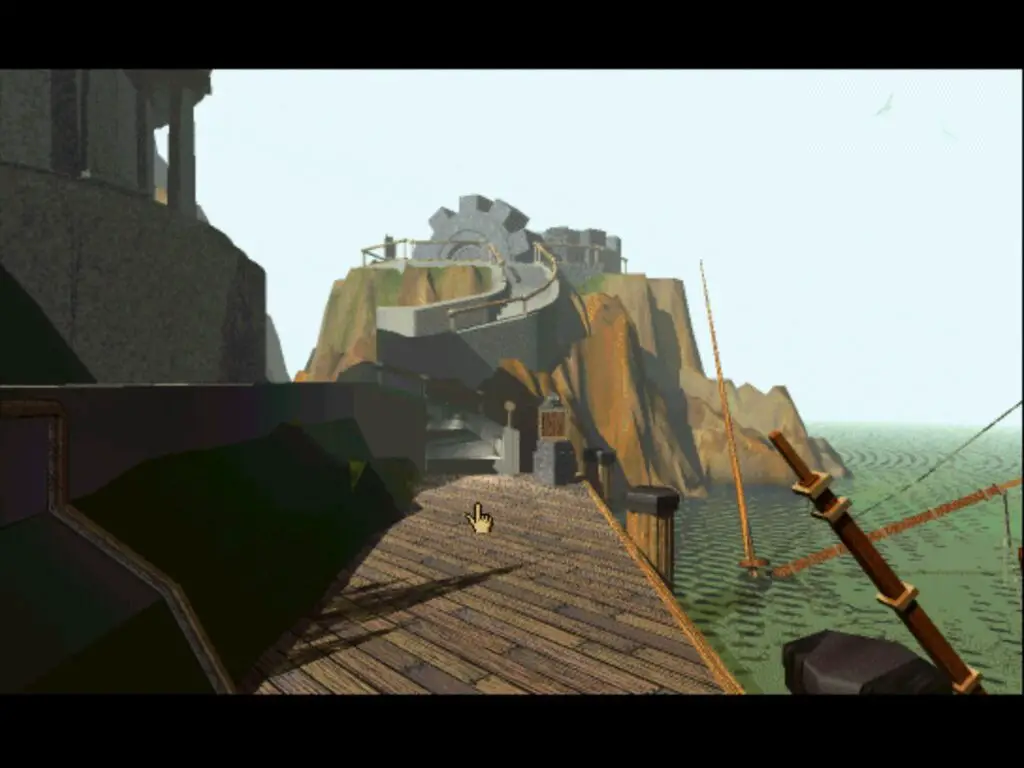
Released for PC and Mac in 1993, Myst is widely considered to be one of the very first “Art” games as well as being credited for revolutionizing the point-and-click adventure genre, and helping to popularize the CD-ROM format for games. Myst immersed players in its world through its use of artfully composed pre-rendered environments and a thick atmosphere that made players want to unravel the game’s mysteries. The game was also able to appeal to both hardcore and casual gamers alike and as a result, was for a time the best-selling PC game of all time until it was dethroned by The Sims in 2000.
Neopets

Created as a free-to-play browser game in 1999, Neopets quickly became a staple at school computer labs around the world. The game quickly gained notoriety for its simple, yet addictive gameplay and distinctive character design that made many of its characters instantly recognizable. Neopets helped pave the way for free-to-play browser games for years to come and played a major part in shaping that particular corner of the gaming ecosystem.
Resident Evil

Released in 1996 for the original PlayStation, Resident Evil helped to codify and popularize the survival-horror genre and its influence can still be seen today. Resident Evil built on the formula established by the earlier Alone in the Dark while also creating many of its own tropes and starting a franchise that continues to this day.
SimCity
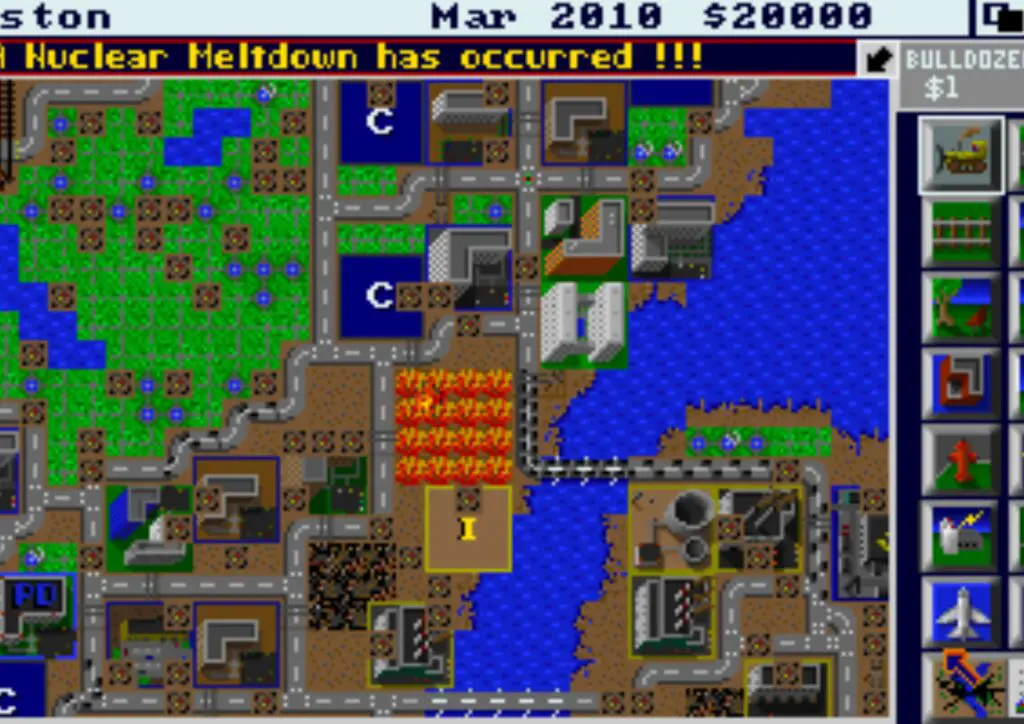
Released for home computers in 1989, SimCity was revolutionary, more or less establishing the city simulation and God genres while also appealing to both gamers and non-gamers from all walks of life. Based on real-life urban planning principles, SimCity allowed players to customize and build their city with an incredible amount of freedom while also having to deal with the wants and needs to the city’s inhabitants, The game’s influence can still be felt today with spiritual successors like Cities Skylines still being played by millions.
Tokimeki Memorial
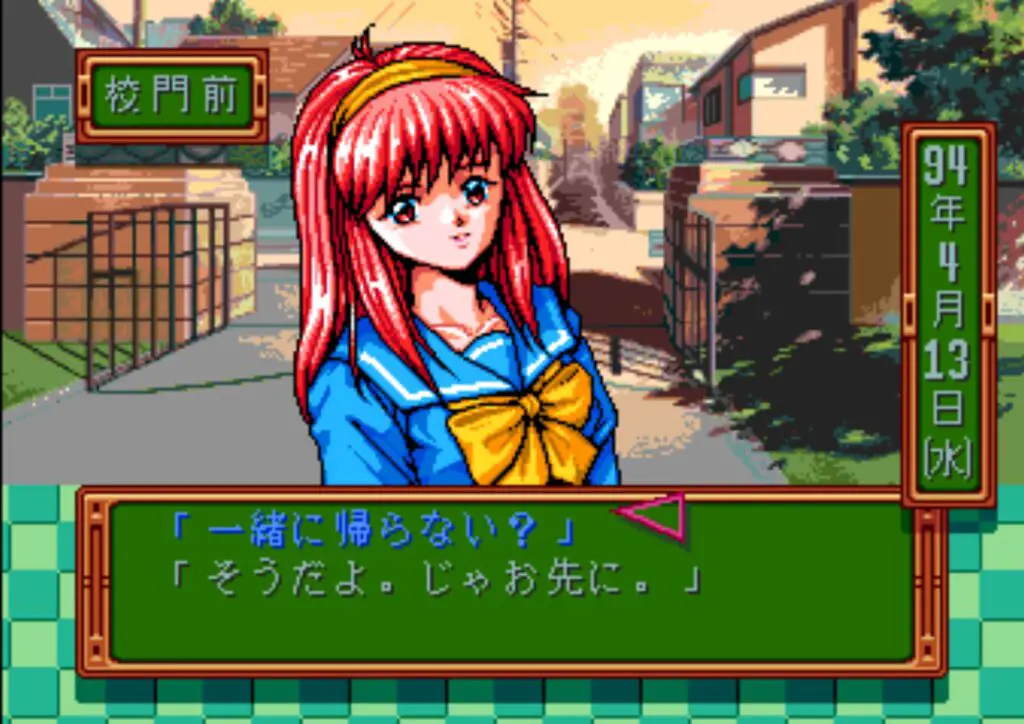
A landmark title in the Dating Sim genre, when Tokimeki Memorial was released on the PC-Engine CD in 1994 it set a new standard with its detailed visuals, deep gameplay, excellent writing, and complex player choice. Though the game was never localized outside of Japan its influence can still be felt in many games that emphasize character relationships such as Fire Emblem: Three Houses and the Persona series.
Tony Hawk’s Pro Skater

Tony Hawk’s Pro Skater was released for the original PlayStation in 1999 and almost immediately revolutionized the extreme sports genre. The game was brilliant in how it leveraged its complex trick system and excellent level design as a vehicle for player expression and high-score challenges. Like many of the best games, Tony Hawk’s Pro Skater was easy to learn but incredibly difficult to master, much like the sport it is based on. The game was also a cultural milestone as it embodied late 90s skateboard culture perfectly and delivered it to the masses.
Ultima: The First Age of Darkness
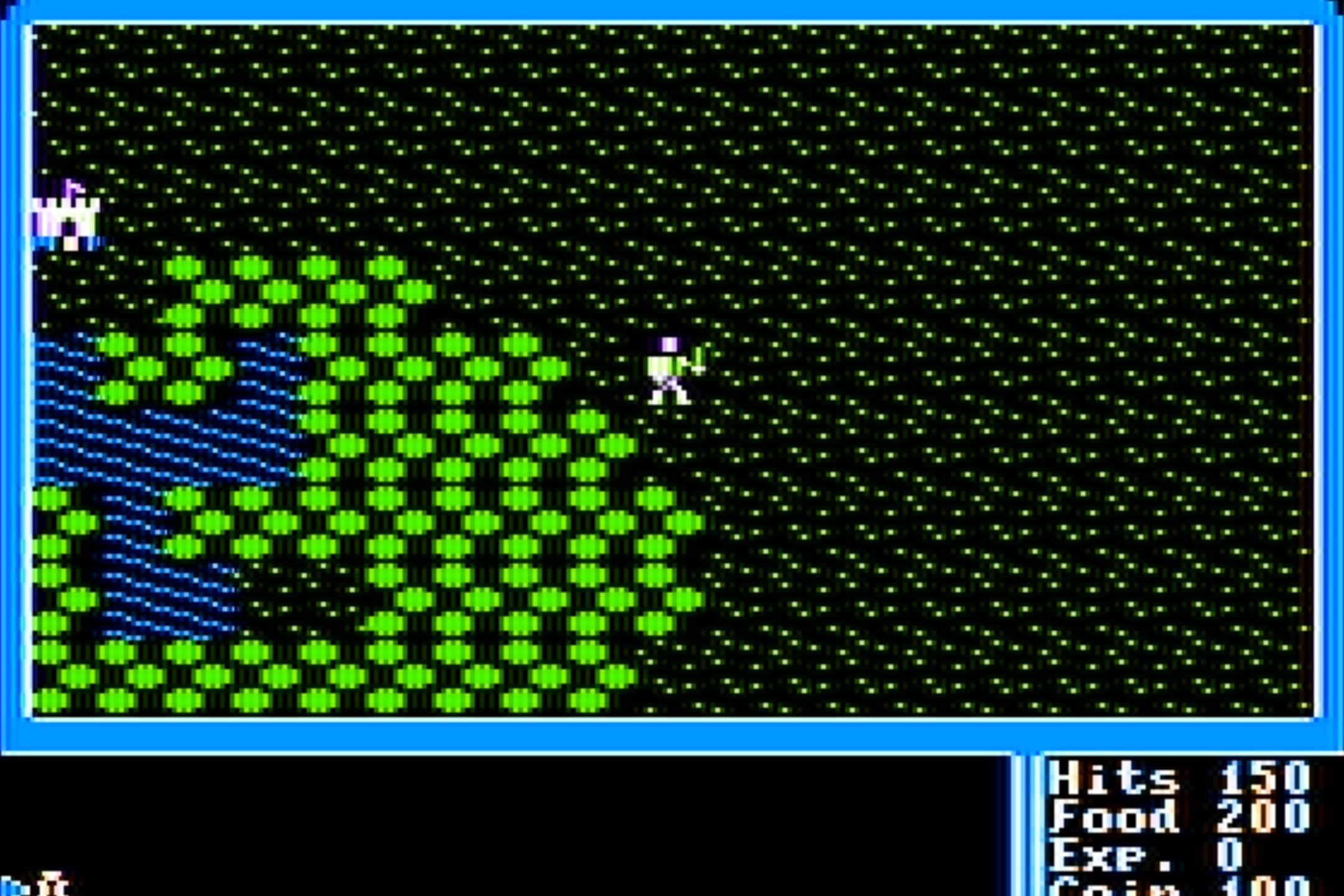
First Released for the Apple II in 1981, Ultima: The First Age of Darkness both popularized and set a new standard for the computer RPG, with many of its conventions still appearing in games today. The game presented a massive open world for the time brought to life with its pioneering use of tiled overworld graphics full of dungeons to delve into, quests to complete and towns to visit. The Skyrim of its day, Ultima along with the contemporary title Wizardry have influenced virtually every RPG made after them.
You Don’t Know Jack

Released for PC in 1995, You Don’t Know Jack successfully translated the fun of TV quiz shows into a video game. Acclaimed for its funny questions and great sense of humor, You Don’t Know Jack was a staple at parties and would spawn numerous sequels and spinoffs.






